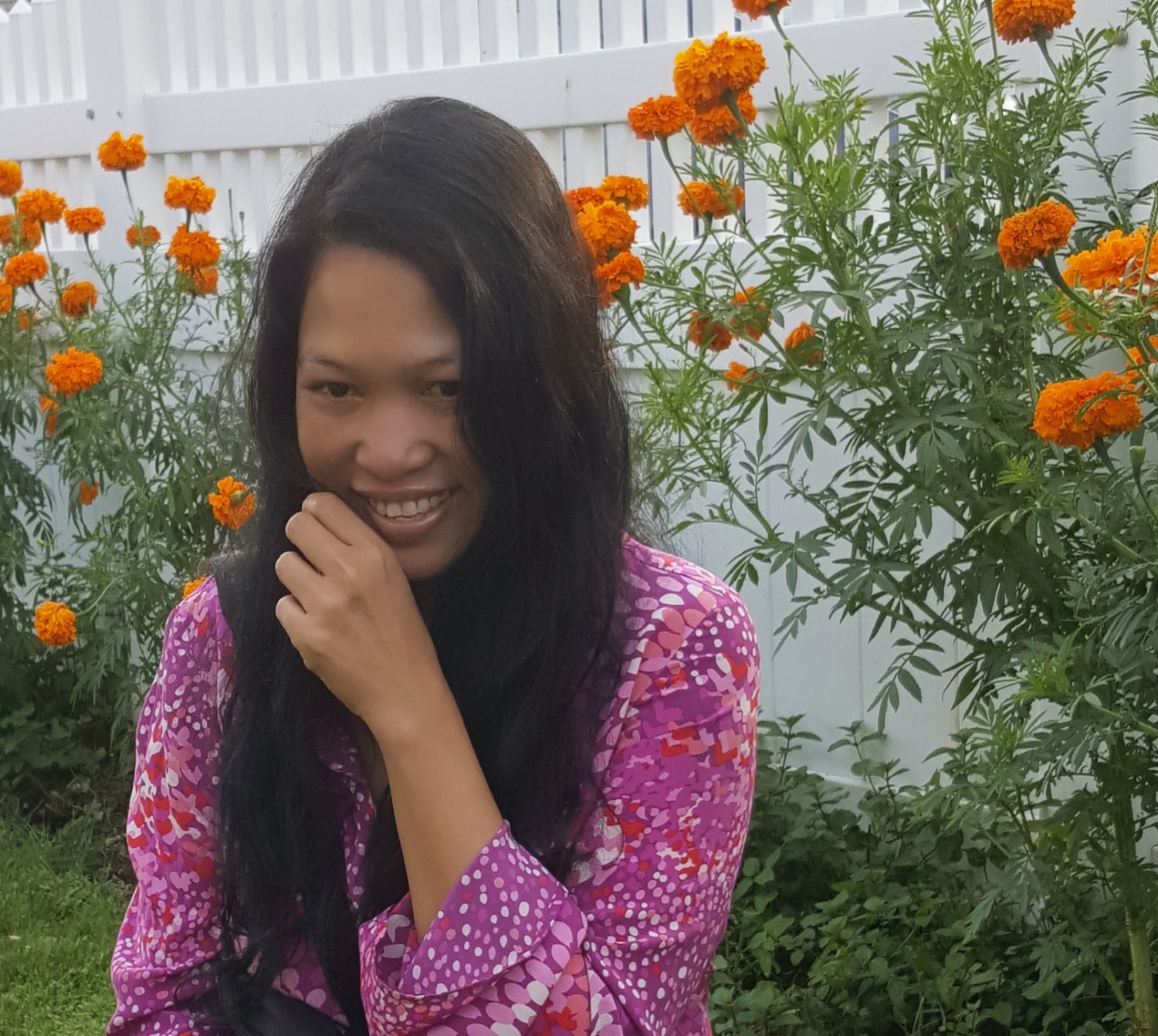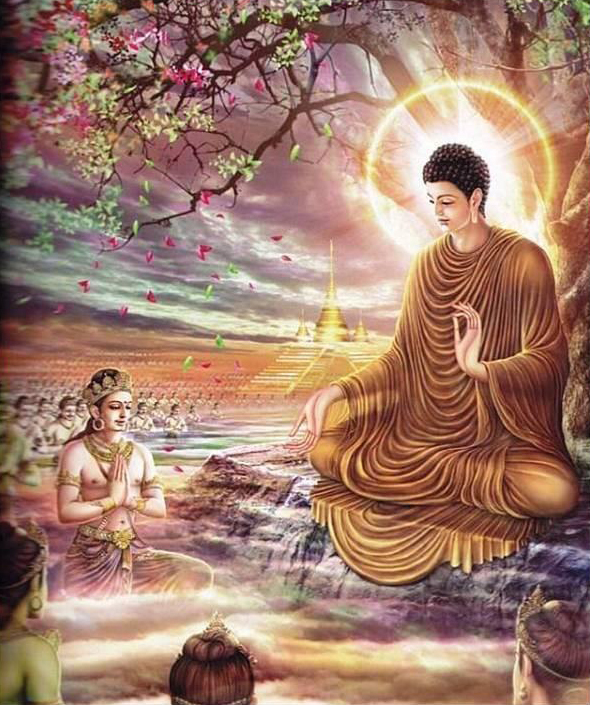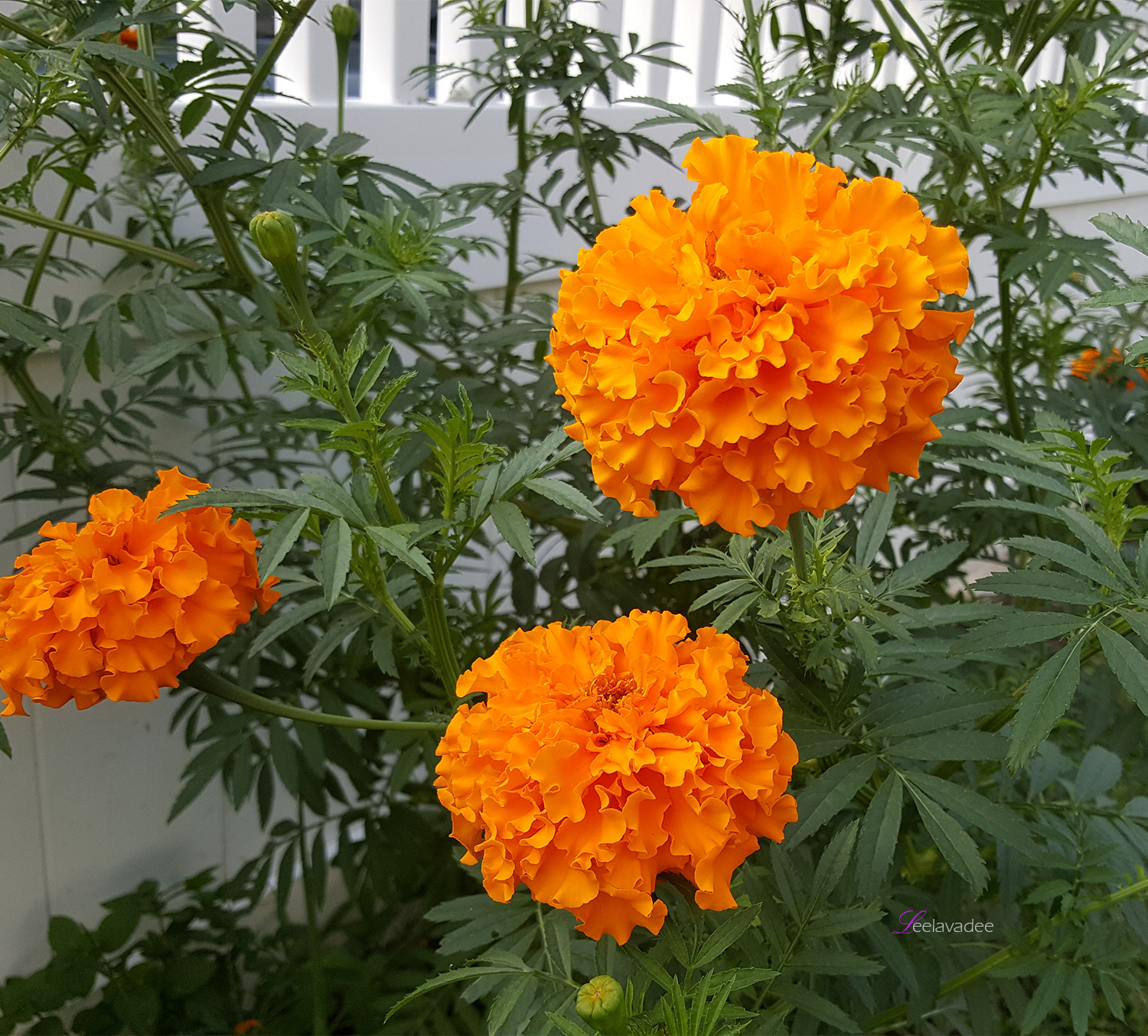The Story of Thera Jambuka
Verse 70: Even though, month after month, the fool (living in austerity) takes his food sparingly with the tip of a grass blade, he is not worth even one-sixteenth part of those who have comprehended the Truth (i.e., the ariyas).
The Story of Thera Jambuka
While residing at the Jetavana monastery, the Buddha uttered Verse (70) of this book, with reference to Thera Jambuka.
Jambuka was the son of a rich man in Savatthi. Due to his past evil deeds he was born with very peculiar habits. As a child, he wanted to sleep on the floor with no proper bed, and to take his own excreta for food instead of rice. When he grew older, his parents sent him to the Ajivakas, the naked ascetics. When those ascetics found out about his peculiar food habits they drove him away. At nights he ate human excreta and in the day time stood still on one leg and kept his mouth open. He used to say that he kept his mouth open because he only lived on air and that he stood on one leg because it would otherwise be too heavy for the earth to bear him. “I never sit down, I never go to sleep,” he boasted and on account of this, he was known as Jambuka, a ‘jackal’.
Many people believed him and some would come to him with offerings of choice food. Then Jambuka would refuse and say, “I do not take any food except air.” When pressed, he would take just a little of the food with the tip of a blade of grass and say, “Now go, this little will give you enough merit.” In this way, Jambuka lived for fifty-five years, naked and taking only excreta.
One day, the Buddha saw in his vision that Jambuka was due to attain arahatship within a short time. So, in the evening, the Buddha went to where Jambuka was staying and asked for some place to spend the night. Jambuka pointed out to him a mountain-cave not far from the stone slab on which he himself was staying. During the first, second and third watches of the night, the Catumaharajika devas, Sakka and Mahabrahma came to pay homage to the Buddha in turn. On all the three occasions, the forest was lit up and Jambuka saw the light three times. In the morning, he walked over to the Buddha and enquired about the lights.
When told about the devas, Sakka and Mahabrahma coming to pay homage to the Buddha, Jambuka was very much impressed, and said to the Buddha, “You must, indeed, be a wonderfully great person for the devas, Sakka and Mahabrahma to come and pay homage to you. As for me, even though I have practised austerely for fifty-five years, living only on air and standing only on one leg, none of the devas, nor Sakka, nor Mahabrahma has ever came to me” To him, the Buddha replied, “O Jambuka! You have been deceiving other people, but you cannot deceive me. I know that for fifty-five years you have been eating excreta and sleeping on the ground.”
Furthermore, the Buddha explained to him how in one of his past existences during the time of Kassapa Buddha, Jambuka had prevented a thera from going with him to the house of a lay-disciple where alms-food was being offered and how he had also thrown away the food that was sent along with him for that thera. It was for those evil deeds that Jambuka had to be eating excreta and sleeping on the ground. Hearing that account, Jambuka was horrified and terror-stricken, and repented for having done evil and for having deceived other people. He went down on his knees and the Buddha gave him a piece of cloth to put on. The Buddha then proceeded to deliver a discourse; at the end of the discourse Jambuka attained arahatship and joined the Buddhist Order on the spot.
Soon after this, Jambuka’s pupils from Anga and Magadha arrived and they were surprised to see their teacher with the Buddha. Thera Jambuka then explained to his pupils that he had joined the Buddhist Order and that he was now only a disciple of the Buddha. To them, the Buddha said that although their teacher had lived austerely by taking food very sparingly, it was not worth even one-sixteenth part of his present practice and achievement.
Then the Buddha spoke in verse as follows:
Verse 70: Even though, month after month, the fool (living in austerity) takes his food sparingly with the tip of a grass blade, he is not worth even one-sixteenth part of those who have comprehended the Truth (i.e., the ariyas).
Dhammapada Verse 70
Jambukatthera Vatthu
Mase mase kusaggena
balo bhunjeyya bhojanam
na so sankhatadhammanam
kalam agghati solasim.
Source: Tipitaka












